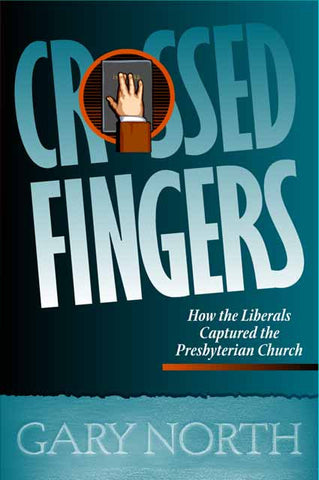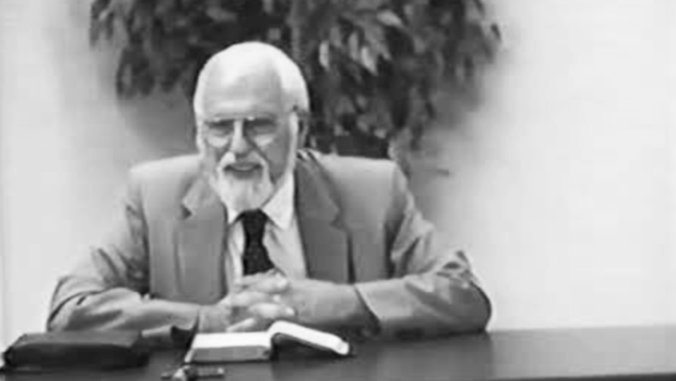Gary concludes his response to a recent Wallbuilders show with Mark David Hall on the influence of R.J. Rushdoony.
In the worldview known as historicism, the laws of history are derived from history and change with history. Law becomes a function of history. There is no unchanging metaphysical order above history or outside of history that somehow provides structure to history. History and its laws are autonomous. Man is bounded by history, and only by history. There can be no legitimate appeal beyond history. Rushdoony is correct: such an outlook leads to tyranny:
Humanistic law, moreover, is inescapably totalitarian law. Humanism, as a logical development of evolutionary theory, holds fundamentally to a concept of an evolving universe. This is held to be an ‘open universe,’ whereas Biblical Christianity, because of its faith in the triune God and His eternal decree, is said to be a faith in a ‘closed universe.’ This terminology not only intends to prejudice the case; it reverses reality. The universe of evolutionism and humanism is a closed universe. There is no law, no appeal, no higher order, beyond and above the universe. Instead of an open window upwards, there is a closed cosmos. There is thus no ultimate law and decree beyond man and the universe. Man’s law is therefore beyond criticism except by man. In practice, this means that the positive law of the state is absolute law. The state is the most powerful and most highly organized expression of humanistic man, and the state is the form and expression of humanistic law. Because there is no higher law of God as judge over the universe, over every human order, the law of the state is a closed system of law. There is no appeal beyond it. Man has no ‘right,’ no realm of justice, no source of law beyond the state, to which man can appeal against the state. Humanism therefore imprisons man within the closed world of the state and the closed universe of the evolutionary scheme.
Historicism’s faith in man’s ability to discover the laws governing nature, including man, is a deeply flawed faith. It proclaims a source of understanding and perhaps even predictability—historical laws—that are themselves in constant flux. But the faithful believed that this obvious contradiction, as old as Hericlitus’ flowing river of history, could be overcome by additional historical research and more attention to methodology—a characteristically Germanic academic faith. The historicist treated the laws of history as a chef without a recipe might explain the art of cooking stew: if the stew tastes odd, add more ingredients; it might just work out. This time, anyway. For the cook. And if someone else does not like how it tastes, he can add more ingredients from his pantry. “Everyman his own cook,” but without a recipe that can be proven scientifically to be valid for as long as water boils in a small pot.
The end result of historicism’s relativism is today’s politically correct academic methodology known as deconstruction: the affirmation of texts without context, i.e., texts only for me, here and now—a denial of the relevance of the past. But this existentialist dead-end was not foreseen by those enthusiastic pilgrims travelling down historicism’s highway in the late nineteenth century. The road signs provided by the Bible and by the tradition of natural law—medieval and Newtonian—had not yet been blown down by the hurricane winds conjured up by historicism and its two lineal descendants, nationalism and Marxist revolution.

Crossed Fingers: How the Liberals Captured the Presbyterian Church
This fully-documented tome is a handbook for the diagnosis and defeat of the same liberal forces that have captured American Christianity. How did they do it? With a vision, with a plan, and with other people's money. Crossed Fingers shows how they achieved victory in what had been the most theologically conservative large Protestant denomination on earth. It also shows what the conservative Presbyterians could have done, and still have not done, to immunize the Church.
Buy NowGary concludes his response to a recent Wallbuilders show with Mark David Hall on the influence of R.J. Rushdoony. As a historian, Mark David Hall doesn’t appear to have done much research at all on Rushdoony. However, there is a simpler answer: many others have also professed ignorance of his writings (on nearly everything) in order to distance themselves from his theonomic and theocratic views.

